Three to Get Married

Fulton J. Sheen
1. The Differences Between Sex and Love
Love is primarily in the will, not in the emotions or the glands. The will is like the voice; the emotions are like the echo. The pleasure associated with love, or what is today called «sex,» is the frosting on the cake; its purpose is to make us love the cake, not ignore it. The greatest illusion of lovers is to believe that the intensity of their sexual attraction is the guarantee of the perpetuity of their love. It is because of this failure to distinguish between the glandular and spiritual–or between sex which we have in common with animals, and love which we have in common with God–that marriages are so full of deception. What some people love is not a person, but the experience of being in love. The first is irreplaceable; the second is not. As soon as the glands cease to react with their pristine force, couples who identified emotionalism and love claim they no longer love one another. If such is the case they never loved the other person in the first place; they only loved being loved, which is the highest form of egotism. Marriage founded on sex passion alone lasts only as long as the animal passion lasts. Within two years the animal attraction for the other may die, and when it does, law comes to its rescue to justify the divorce with the meaningless words «incompatibility,» or «mental torture.» Animals never have recourse to law courts, because they have no will to love; but man, having reason, feels the need of justifying his irrational behavior when he does wrong.
There are two reasons for the primacy of sex over love in a decadent civilization. One is the decline of reason. As humans give up reason, they resort to their imaginations. That is why motion pictures and picture magazines enjoy such popularity. As thinking fades, unrestrained desires come to the fore. Since physical and erotic desires are among the easiest to dwell upon, because they require no effort and because they are powerfully aided by bodily passions, sex begins to be all-important. It is by no historical accident that an age of anti-intellectualism and irrationalism, such as our own, is also an age of carnal license.
The second factor is egotism. As belief in a Divine Judgment, a future life, heaven and hell, a moral order, is increasingly rejected, the ego becomes more and more firmly enthroned as the source of its morality. Each person becomes a judge in his own case. With this increase of selfishness, the demands for self-satisfaction become more and more imperious, and the interests of the community and the rights of others have less and less appeal. All sin is self-centeredness, as love is otherness and relatedness. Sin is the infidelity of man to the image of what he ought to be in his eternal vocation as an adopted son of God: the image God sees in Himself when He contemplates His Word.
There are two extremes to be avoided in discussing married love: one is the refusal to recognize sexual love, the other is the giving of primacy to sexual attraction. The first error was Victorian; the second is Freudian. To the Christian, sex is inseparable from the person, and to reduce the person to sex is as silly as to reduce personality to lungs or a thorax. Certain Victorians in their education practically denied sex as a function of personality; certain sexophiles of modern times deny personality and make a god of sex. The male animal is attracted to the female animal, but a human personality is attracted to another human personality. The attraction of beast to beast is physiological; the attraction of human to human is physiological, psychological, and spiritual. The human spirit has a thirst for the infinite which the quadruped has not. This infinite is really God. But man can pervert that thirst, which the animal cannot because it has no concept of the infinite. Infidelity in married life is basically the substitution for an infinite of a succession of finite carnal experiences. The false infinity of succession takes the place of the Infinity of Destiny, which is God. The beast is promiscuous for an entirely different reason than man. The false pleasure given by new conquests in the realm of sex is the ersatz for the conquest of the Spirit in the Sacrament! The sense of emptiness, melancholy, and frustration is a consequence of the failure to find infinite satisfaction in what is carnal and limited. Despair is disappointed hedonism The most depressed spirits are those who seek God in a false god!

Book eBook Three to Get Married
Fulton J. Sheen
20 noviembre, 2017
update 15 agosto, 2021
Go to the Download pageMore eBooks in English

Confession

Rome Sweet Home

An Exorcist Tells His Story
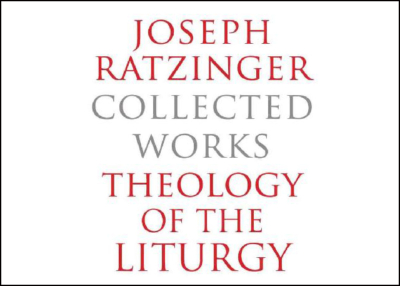
Theology of the Liturgy

Return to the Baltic
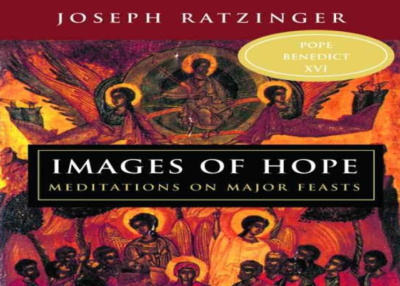
Images of Hope
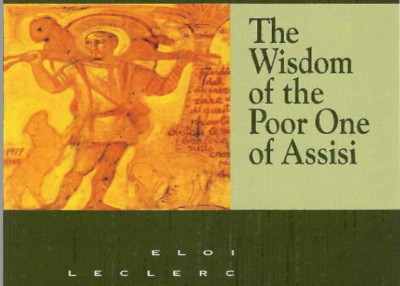
The Wisdom of the Poor One of Assisi
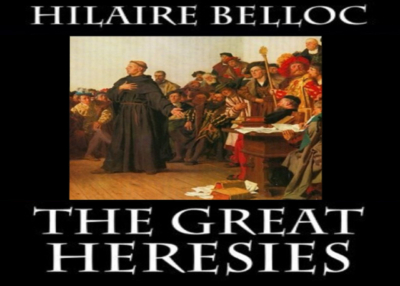
The Great Heresies

The Path to Rome
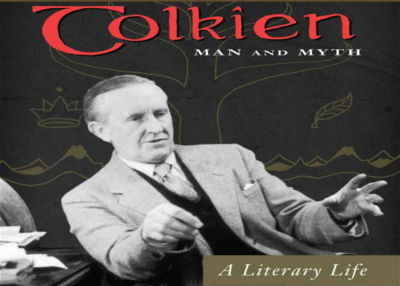
Tolkien: Man and Myth
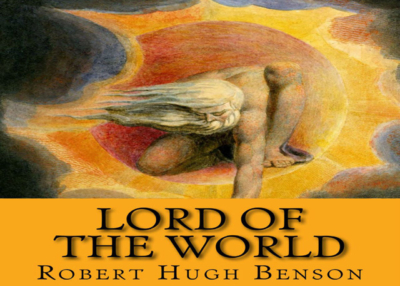
Lord of the World By Robert Hugh Benson
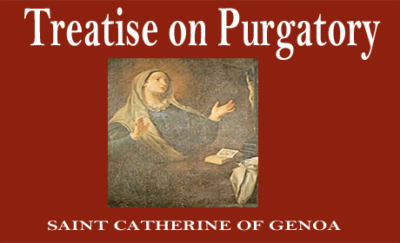
Treatise on Purgatory

Via Crucis: A Romance of the Second Crusade

The Confessions of St. Augustine

Read Me or Rue it
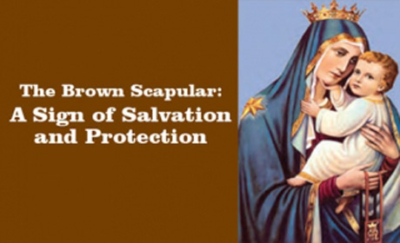
The Brown Scapular, the Most Powerful Sacramental

Those Who Serve God Should Not Follow The Fashions

Mary, Motherhood, and the Home
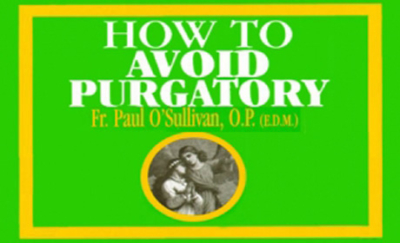
How to Avoid Purgatory

The Story of Annette
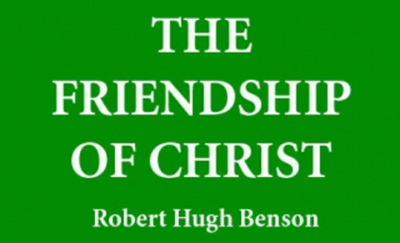
The Friendship of Christ
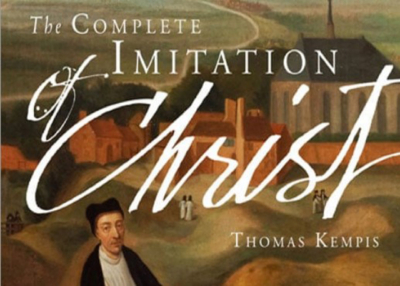
The Imitation of Christ
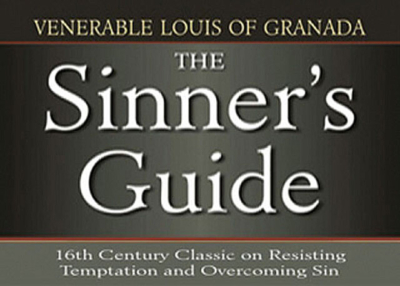
The Sinner’s Guide

A Letter to the Friends of the Cross
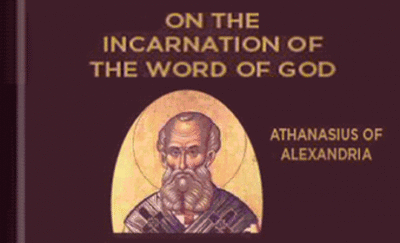
On the Incarnation of the Word of God
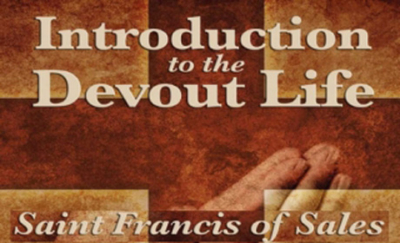
Introduction to the Devout Life

Holy Bible

The Dolorous Passion of Our Lord Jesuchrist
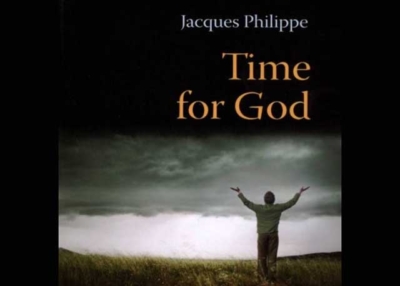
Time for God
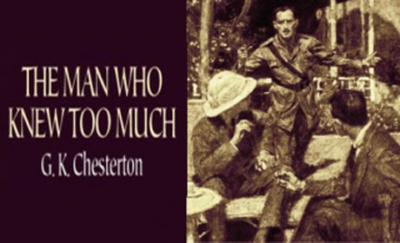


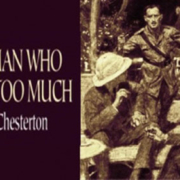
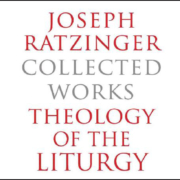

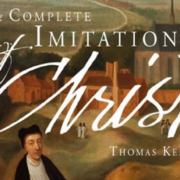

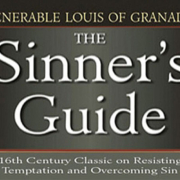
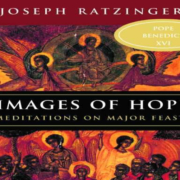



















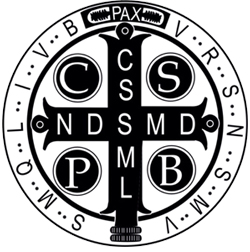



Dejar un comentario
¿Quieres unirte a la conversación?Siéntete libre de contribuir!